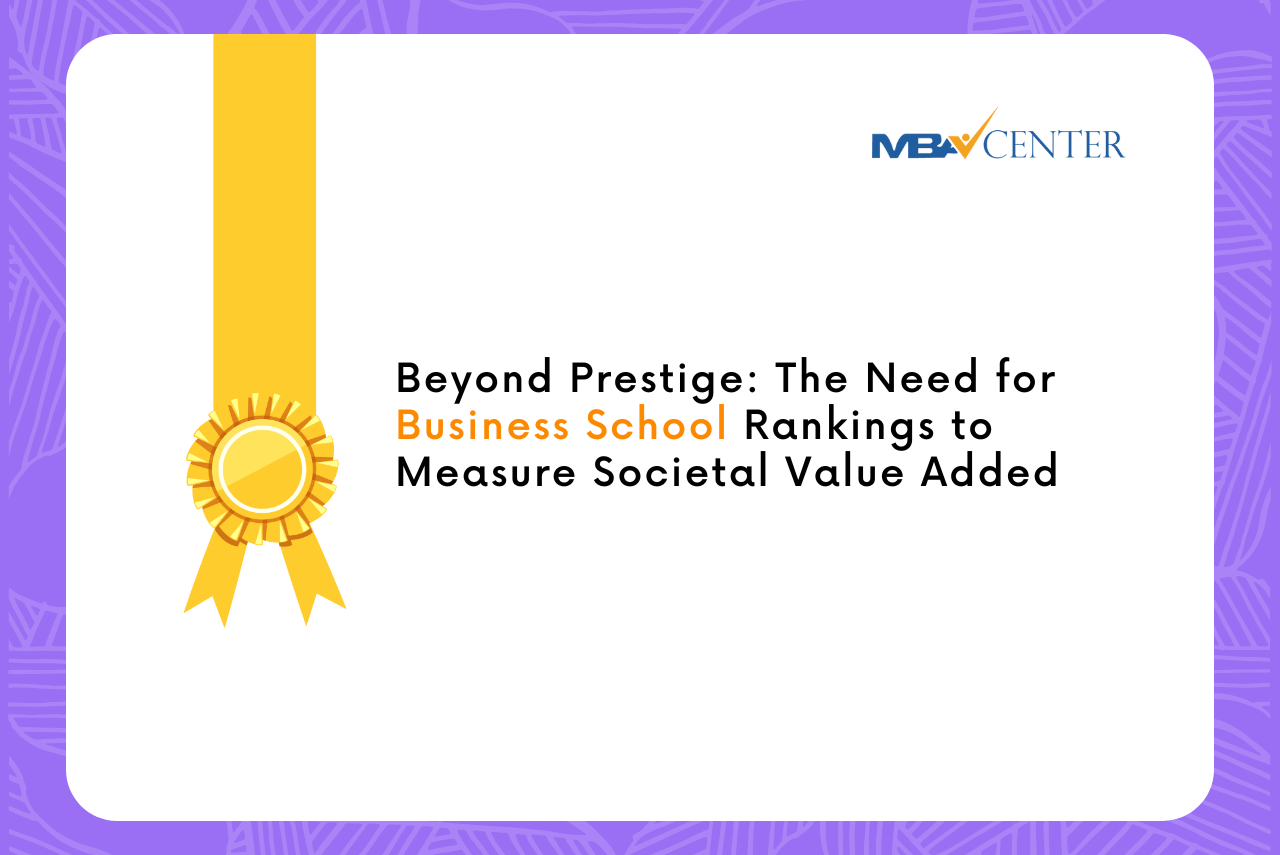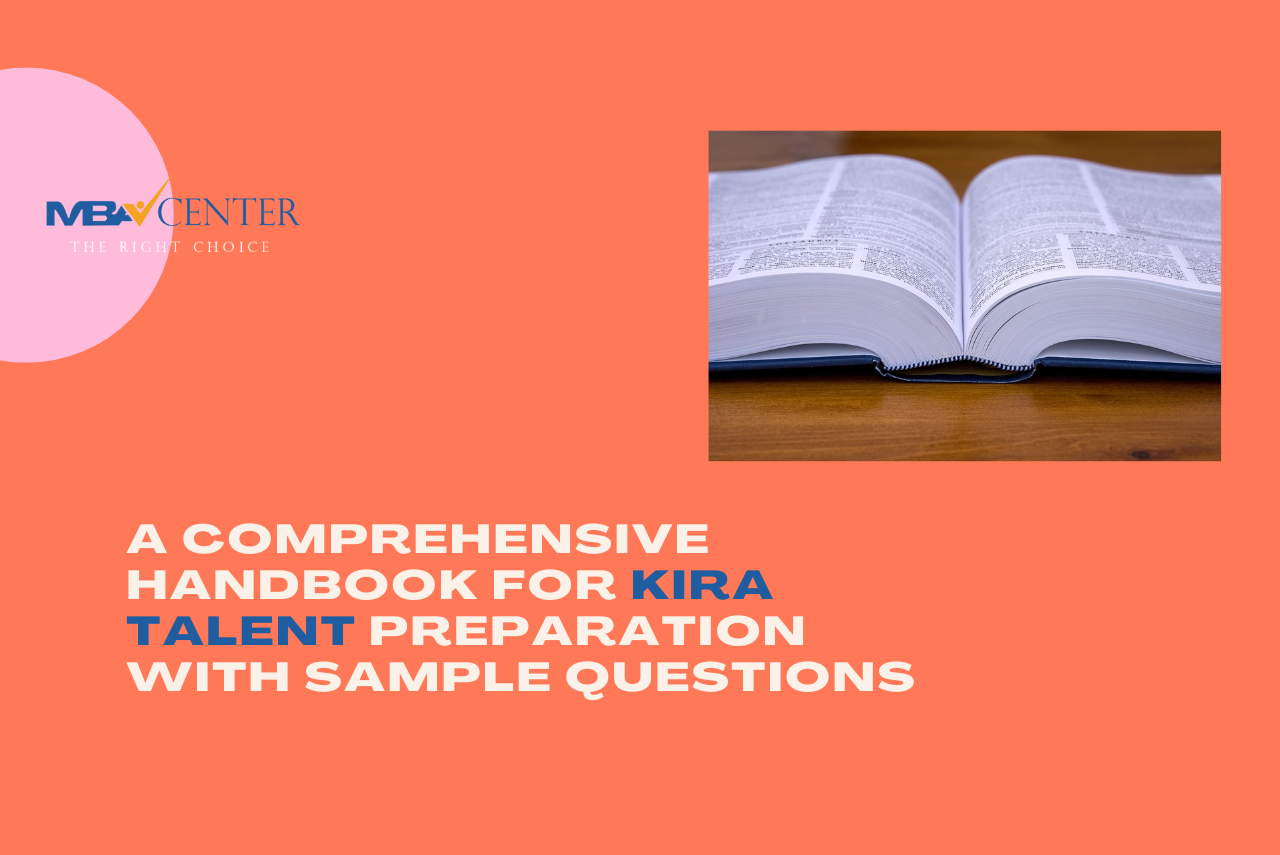
Top tier Business Schools might not be very transparent about the weight recommendation letters hold in the admission process. Generally, your test scores (GMAT and GRE), application essays and interviews are much more important than the recommendation letters. The exception to this rule may be applicants who had achieved extraordinary things prior to their decision to attend business school.
A prime example of how a letter recommendation could play such a big role in the admission process might be someone from the military who has been to multiple deployments. This applicant’s letters of recommendation might be even more important than the GMAT and the interview. So, it all depends on the applicant and their background.
Letters of recommendation are the one thing that is totally not under the applicant’s control. They involve the recommenders mostly. It is wise to limit the amount of time and effort applicants spend on them. However, it is important to meet the basic requirement of a good recommendation letter:
1. Do not write your own recommendation letter and just get it signed off by the recommender.
2. Give your recommender enough time. Generally, two weeks to a month is a good enough period.
3. Always be available to help your recommender with the letter. For example, you can send them a few bullet points on projects you have worked on while either in their class or at work to refresh their memory on your academic ability and professionalism.
4. Ask the recommender if you could proofread a draft of the letter before they submit it.
5. Make sure to thank your recommenders!
While grades and test scores are important factors when evaluating business school applications, they don’t tell the whole story. When admission officers evaluate applicants, they review important factors such as the GPA as well as the essays, extracurricular activities, and recommendation letters. Recommendation letters help round out your profile and put the rest of your application in context.
 MBA Center Global
MBA Center Global 
























